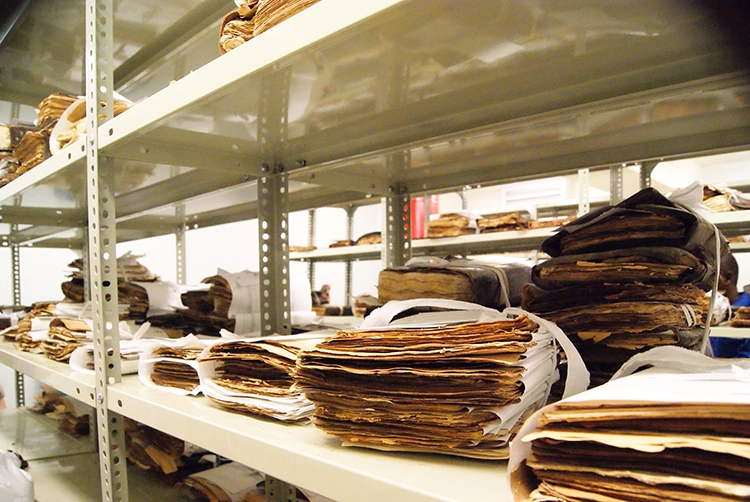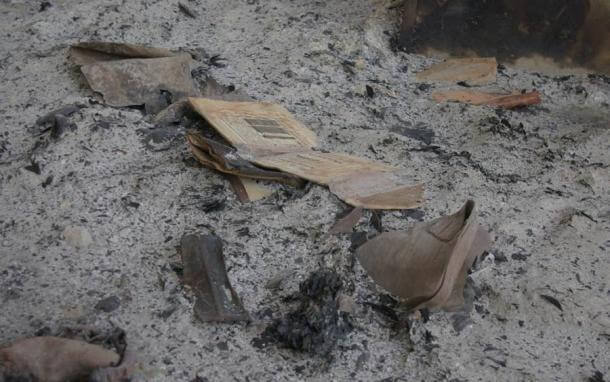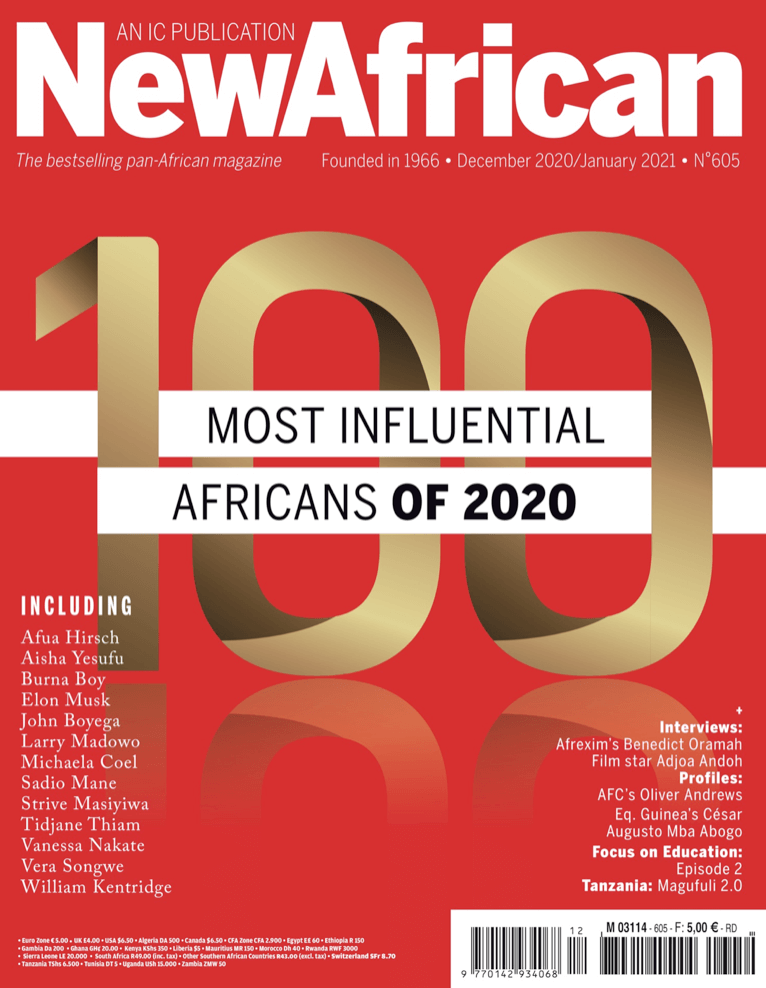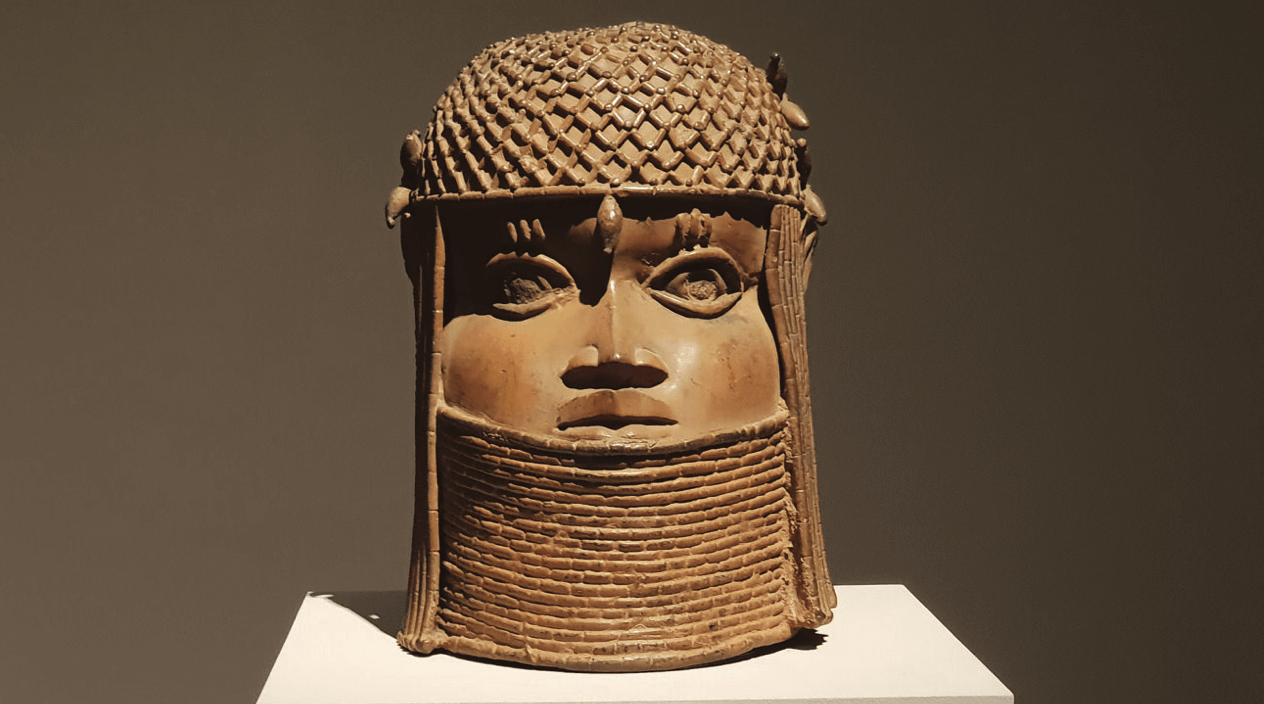Mali Digitize Timbuktu’s Ancient Manuscripts

A digital library exhibiting Mali’s cultural legacy has been established, with tens of thousands of old manuscripts from Timbuktu on display.
The project called Mali Magic is a collection that goes beyond manuscripts to capture Malian culture, with an estimated 40,000 endangered ancient texts already digitized. With the help of local and international partners, it was put together by Google’s Art & Culture and SAVAMA-DCI.
These decades of indigenous African knowledge and research on themes ranging from mathematics, astrological charts, music, monuments, and architecture have been successfully transported out of Timbuktu.
There were also anti-war Islamic polemics and scripts in Hebrew. The manuscripts are written on a “variety of parchment,” including Italian paper, goat, sheep, and fish skin, and some are embellished with gold leaf, a reminiscence of Mali’s major role in the medieval gold trade.
Threat to their existence
It’s a project that Malians have been following for years, since Islamist extremists set fire to libraries in Timbuktu in 2012 in an attempt to destroy irreplaceable documents.
“When this ancient knowledge was threatened by extremist groups in 2012, local communities raced against time to preserve these treasures. This legacy is available for people across the world to explore,” according to Chance Coughenour, programme manager and digital archaeologist at Google Arts & Culture.

Coughenour also mentioned that the Malian city of Timbuktu gave rise to an abundance of learning in human rights, morals, politics, astronomy, and literature,
The manuscripts were smuggled out of Timbuktu to Bamako, Mali’s capital, over a six-month period, as time was running short to save and preserve the papers from near-certain destruction.
However, the International Criminal Court (ICC) convicted an alleged member of an Islamist group, Ahmad Al Faqi Al Mahdi, guilty of orchestrating attacks on religious and historic buildings in Timbuktu in 2016. He was given a nine-year sentence and was forced to apologize. It was the first time the Hague court had heard a case involving cultural degradation.
The motion for their preservation
In 2014, Dr Abdel Kader Haidara contacted Google and requested that these manuscripts be digitized. He asked the corporation to come to Mali to see the famous Timbuktu manuscripts and learn why they were endangered.
When they arrived, they discovered early Qurans as well as literature on astronomy, mathematics, and geography, among other things. The crew was then tasked with not just digitizing hundreds of pages but also making them visually appealing on the internet.
“Central to the heritage of Mali, they represent the long legacy of written knowledge and academic excellence in Africa, and hold potential to inspire global learning from the actions of the past in confronting modern-day issues,” said Dr. Haidara.
The project includes more than 50 exhibits, including the first online interactive tours of some of Mali’s most important historic buildings, at-risk mausoleums, and mosques, such as the Sidi Yahiya and Djinguereber Mosques, and the Tomb of Askia, all produced with Google Street View.
Google Arts & Culture collaborated with DJ Spooky (Paul Miller), an artist and musician, to produce a series of short videos that trace the evolution of storytelling from West Africa to the American melodies.
Maliba, a project-specific album by Malian singer-songwriter Fatoumata Diawara, was written on Mali’s cultural legacy and recorded in Mali. The collection, according to Google, features a plethora of movies and photos that depict Mali’s contemporary arts scene and profile some of the country’s artists.
This is not, however, the first attempt to save Mali’s manuscripts. According to the website, the Tombouctou Manuscripts Project began in 2003 at the University of Cape Town, with a focus on manuscript traditions throughout the African continent. The Library of Congress in the United States has also made some of the manuscripts available online.
The ancient texts were written in medieval Arabic, but they have now been translated into English, French, Spanish, and current Arabic to make them more accessible. Timbuktu has long been a cultural crossroads on the African continent, as well as an Islamic learning center.
According to UNESCO, the city’s mosques played a crucial role in the spread of Islam throughout West Africa in the 15th and 16th centuries. Over the last seven years, Mali’s traditional leaders, historians, and digital archaeologists have worked tirelessly to ensure that the country’s rich history is preserved by digitizing historic manuscripts, some of which date back to the 11th century.
Source: BBC | TimesLIVE
Abeeb Lekan Sodiq is a Managing Editor & Writer at theafricandream.net. He is as well a Graphics Designer and also known as Arakunrin Lekan.





